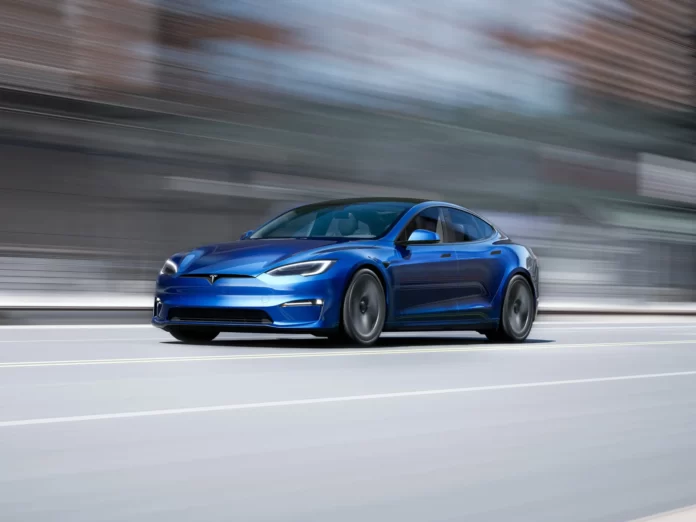Tesla has failed to convince a federal judge to dismiss a lawsuit stemming from a 2019 crash in Key Largo, Florida, where a Model S operating on Autopilot struck and killed a woman and seriously injured another person.
U.S. District Judge Beth Bloom ruled that the estate of Naibel Benavides Leon and her former partner Dillon Angulo may proceed with claims of design defects, failure to warn, and seek punitive damages. A trial is set for July 14.
The case involves driver George McGee, who, while using Autopilot, allegedly dropped his phone and failed to notice he had run a stop sign and traffic light at 62 mph before crashing into a parked Chevrolet Tahoe, where the victims were standing. Benavides Leon was thrown 75 feet and killed, while Angulo sustained severe injuries.
In her 98-page ruling, Bloom noted that while McGee admitted to unsafe driving, his expectation that Autopilot would prevent the crash raised valid questions about the technology’s reliability. The judge added that Tesla’s warnings about Autopilot might not be clear enough, particularly when accessed through the Model S’s touchscreen manual.
The court dismissed claims of manufacturing defect and negligent misrepresentation, but found sufficient evidence to proceed on the remaining claims. Tesla, based in Austin, Texas, has long maintained that Autopilot requires fully attentive drivers and does not make its cars autonomous.




